Lesson 8. お仕事は何ですか
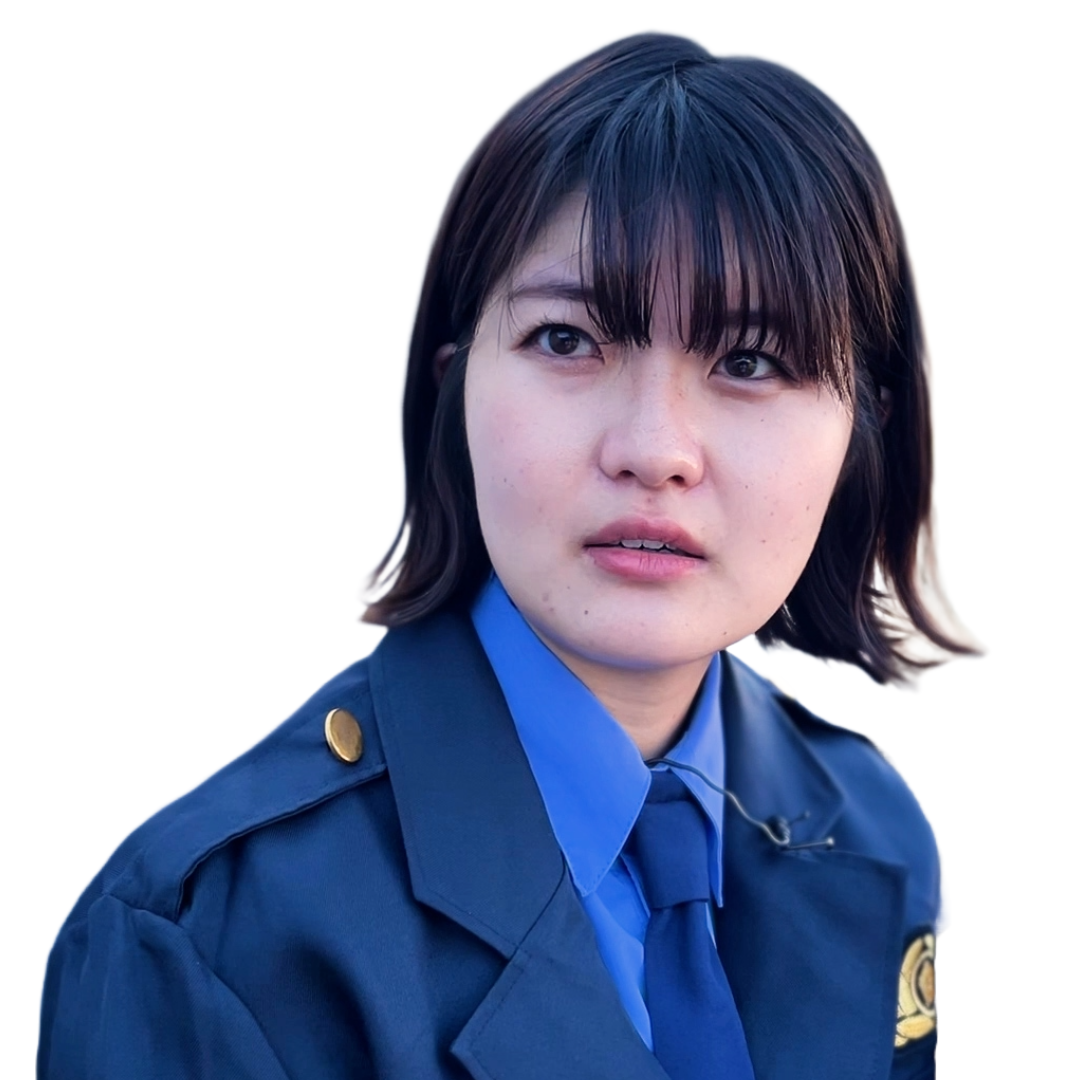
ごしょくぎょうは何ですか。
go shokugyō wa nandesu ka
What is your occupation?
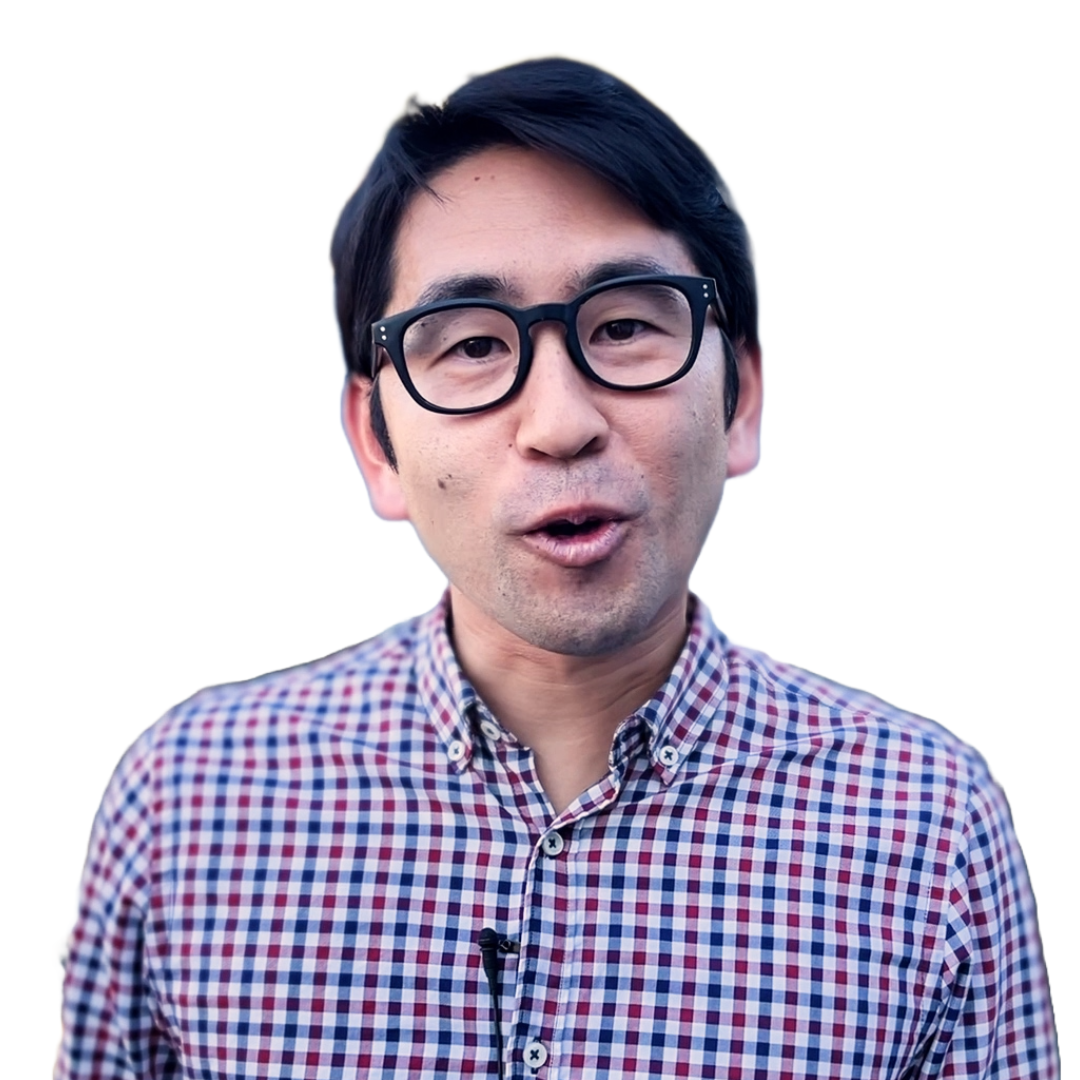
ごしょくぎょう?
go shokugyō
Goshokugyō?

お仕事は何ですか。
oshigoto wa nandesu ka
What is your job?

わたしはけいさつかんです。
watashi wa keisatsukan desu
I’m a police officer.

ネイサンさんは?
neisan san wa
And you?

私は会社員です。
watashi wa kaishain desu
I’m an office worker.

もういちどおねがいします。
mō ichido onegaishimasu
Please say that again.

私は会社員です。
watashi wa kaishain desu
I’m an office worker.

どこの会社ですか。
doko no kaisha desu ka
Which company do you work for?

マレーシアの会社です。
Marēshia no kaisha desu.
It is a Malaysian company.

どこの会社ですか。
doko no kaisha desu ka
Which company do you work for?

あれ、もしかして、ひろし先生?
are, moshikashite, hiroshi sensei
Oh, by any chance, are you Mr. Kusano?

ひろし先生ですか。
hiroshi sensei desu ka
Are you Hiroshi Sensei?

え?
e
what?

あおぞら中学校の草野ひろし先生ですよね。
aozora chūgakkō no kusano hiroshi sensei desu yone
You are Mr. Hiroshi Kusano, a teacher at Aozora Junior High School, right?

えっと…。
etto
Well….

誰ですか?
dare desu ka
Who are you?

私です! 北野です。
watashidesu, kitano desu
It’s me! I’m Kitano.

青空中学校の生徒でした。
aozora chūgakkō no seito deshita
I was a student at Aozora Junior High School.

三年Bぐみの北野です。
san-nen bī gumi no kitano desu
I’m Kitano. I was in class B in my 3rd year.

う、うん、わかった。 でも…
u, un, wakatta. demo…
Uh, yeah, I understand. But…

私はネイサン…。
watashi wa neisan
I’m Nathan…

ごまかしても無駄ですよ。 ひろし先生!
gomakashitemo mudadesu yo. hiroshi sensei
There’s no use in deceiving, Hiroshi Sensei.
| (ご)しょくぎょう* go shokugyō | occupation |
| (お)仕事* おしごと oshigoto | job |
| けいさつかん keisatsukan | police officer |
| だれ who | who |
| 会社 かいしゃ kaisya | company |
| マレーシア marēshia | Malaysia |
| もしかして moshikashite | by any chance |
| 中学校 ちゅうがっこう chūgakkō | junior high school |
| 先生 せんせい sensei | teacher |
| 生徒 せいと seito | student |
| 年 ねん nen | grade |
| くみ(ぐみ) kumi (gumi) | class |
| いしゃ isha | doctor |
| エンジニア enjinia | engineer |
| 社長 しゃちょう shachō | president |
* The term “ご” and “お”, are generally regarded as a prefix expressing respect and is often used as an honorific.
The Japanese expressions “ごしょくぎょうは何ですか” and “お仕事は何ですか” are used when inquiring about someone’s occupation or job. In English, these can be translated as:

ごしょくぎょうは何ですか。
go shokugyō wa nandesu ka
What is your occupation?

お仕事は何ですか。
oshigoto wa nandesu ka
What is your job?
When responding, you answer in a similar manner to stating your name, using “(Sub. は)〜です。” .

わたしは会社員です。
watashi wa kaishain desu
I’m an office worker.

わたしはけいさつかんです。
watashi wa keisatsukan desu
I’m a police officer.
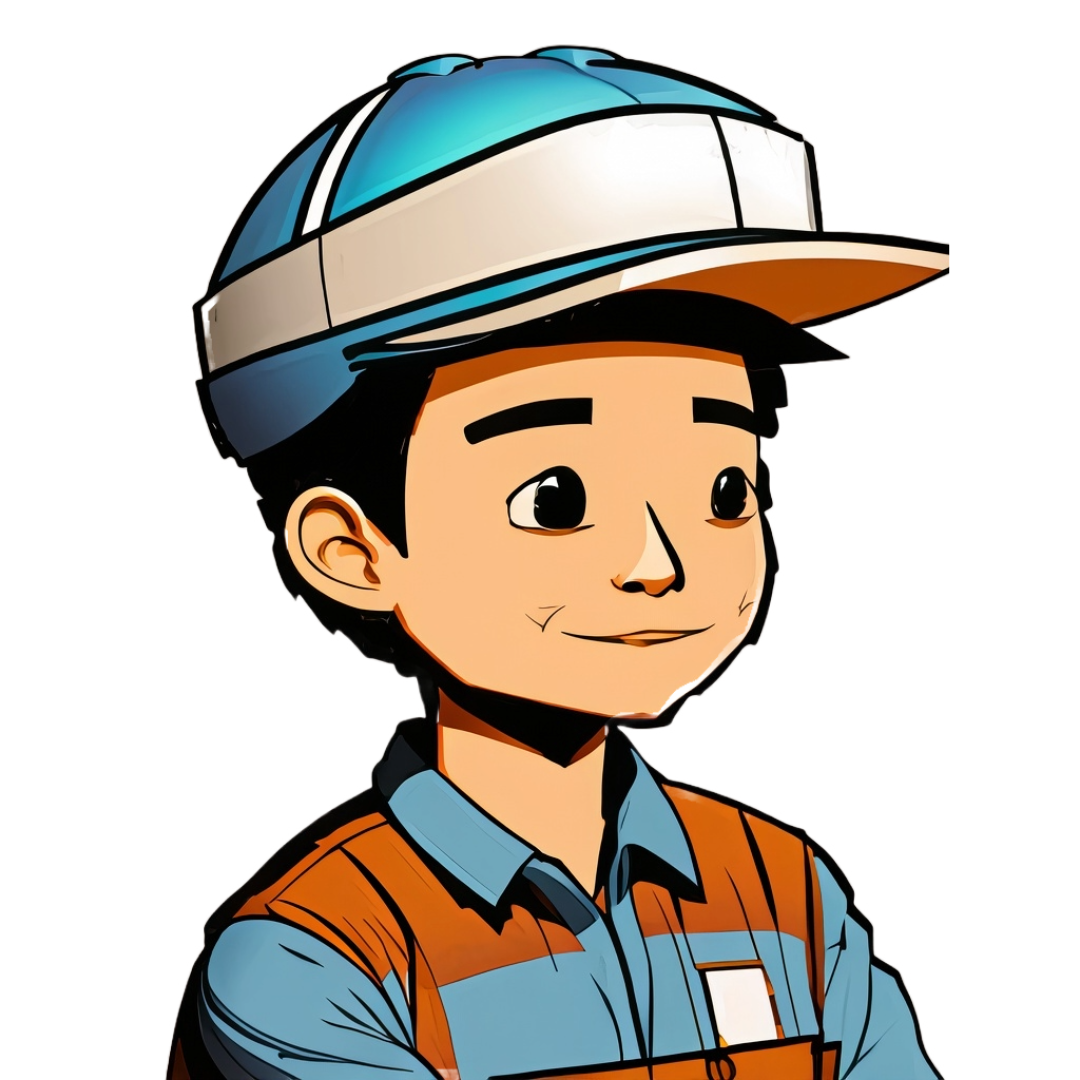
山田さんはいしゃです。
yamada san wa isha desu
Mr. Yamada is a doctor.

小山さんはエンジニアです。
koyama san wa enjinia desu
Mr. Koyama is an engineer.
“だれですか” can be translated to English as “Who are you?” This phrase is used when inquiring about someone’s identity, often in situations where you meet someone for the first time or encounter an unfamiliar person.

だれですか?
dare desu ka
Who are you?
Directly asking “誰ですか。” can be considered somewhat impolite. If you want to ask more politely, you can use the expression “どちらさまですか。” If you add ”すみません” before “どちらさまですか。”, it becomes a more polite expression.

すみません、どちらさまですか。
sumimasen, dochirasama desu ka
Excuse me. May I ask which one are you?
For someone with a specific position, we add their title after their name when addressing them. We do not use “さん” .

ひろし先生ですか。
hiroshi sensei desu ka
Are you Hiroshi Sensei?
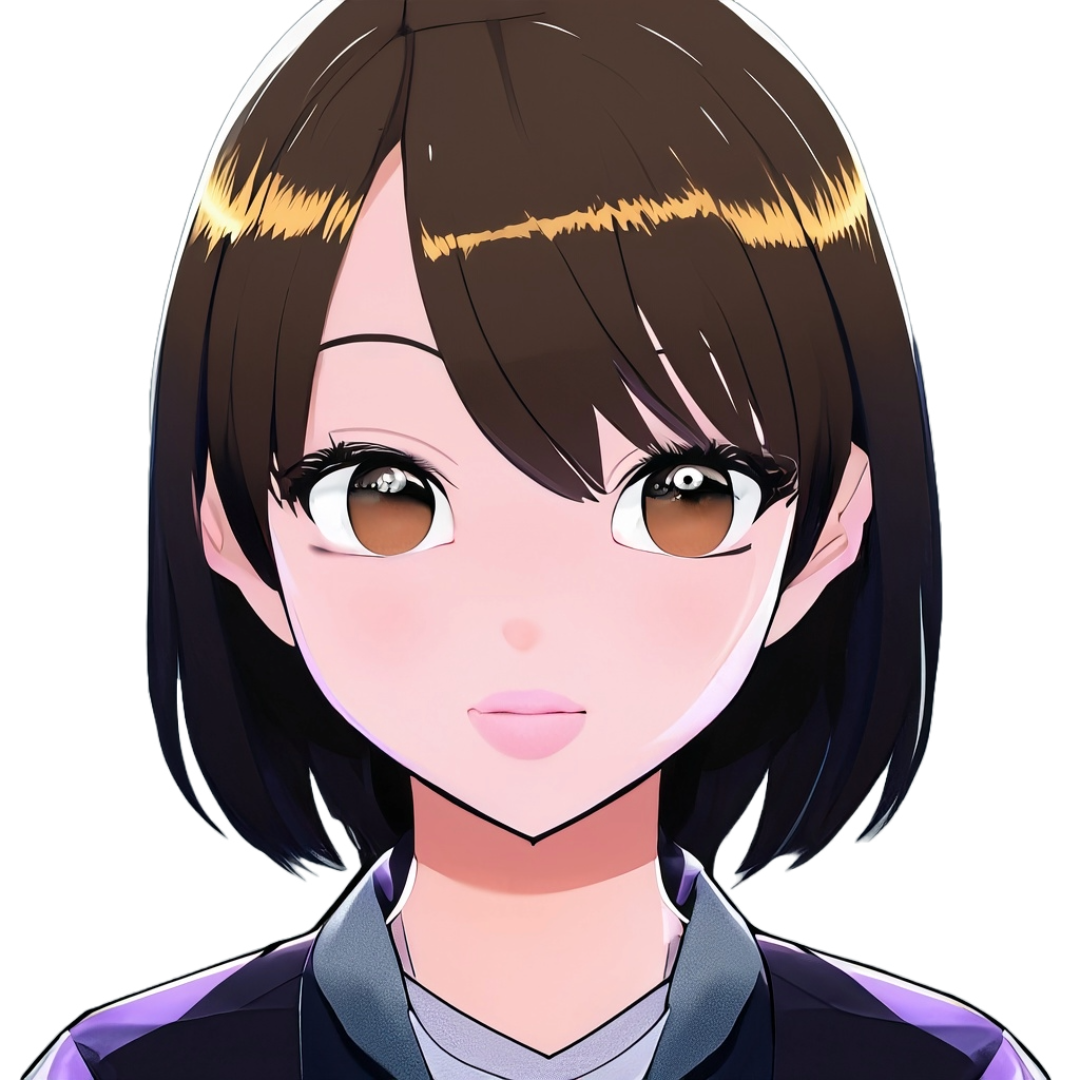
すみません、石田社長ですか。
sumimasen, ishida shachō desu ka
Excuse me. Are you President Ishida?

すみません、どちらさまですか。
sumimasen, dochirasama desu ka
Excuse me. May I ask who you are?
In Lesson 2, we studied the usage of the particle “の” to indicate possession.

私のつまのビールです。(Lesson 2)
watashi no tsuma no bīrudesu
It’s my wife’s beer.
This time, we’ll explore another usage of the same particle “の”, specifically to express affiliation or belonging.

どこの会社ですか。
doko no kaisha desu ka
Which company do you work for?
The police officer is asking where the man’s company belongs or is affiliated with.

マレーシアの会社です。
Marēshia no kaisha desu.
It is a Malaysian company.
The “の” here signifies that the company belongs to Malaysia.

青空中学校の生徒でした。
aozora chūgakkō no seito deshita
I was a student at Aozora Junior High School.
It means that the police officer belonged to Aozora Junior High School.

三年Bぐみの北野です。
san-nen bī gumi no kitano desu
I’m Kitano. I was in class B in my 3rd year.
It means that Officer Kitano belonged to class B when she was in the third year of junior high school.
Creating the past tense in Japanese is simple. You just need to change “です” to “でした.”

私はけいさつかんです。
watashi wa keisatsukan desu
I’m a police officer.

青空中学校の生徒でした。
aozora chūgakkō no seito deshita
I was a student at Aozora Junior High School.
Please rearrange the words
Q1:Kawai-san was the president of the company.
Q2:What is Aoi-san’s job?
1. かわいさんは会社の社長でした。
2. あおいさんの仕事は何ですか。
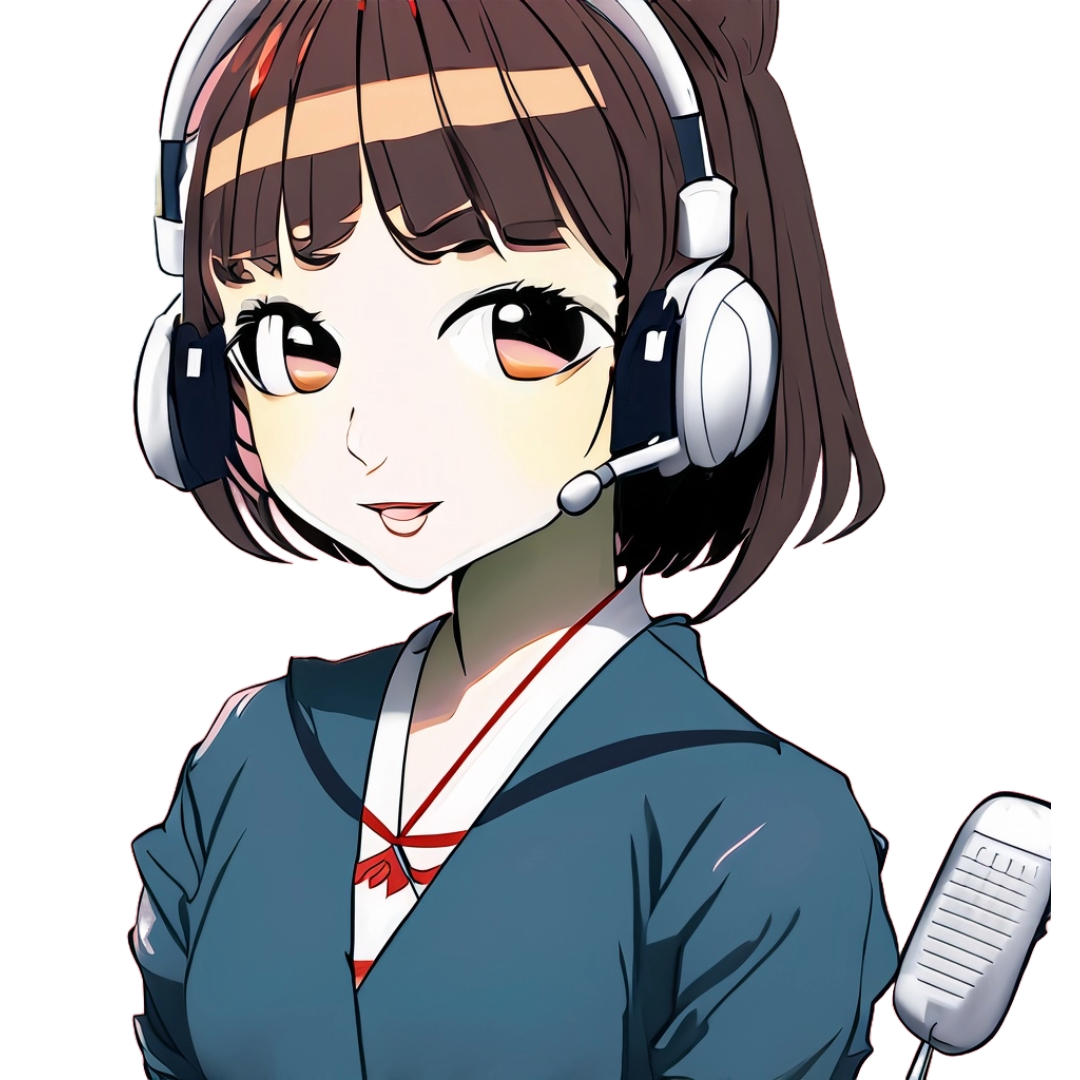
おめでとうございます!
このテキストのすべてのレッスンを終了しました。
よくがんばりましたね!
Well done! You’ve completed all lessons in this text!
You’ve worked hard!
